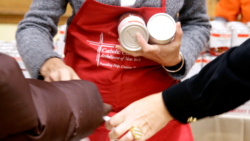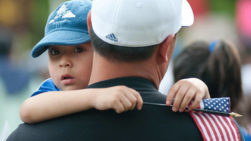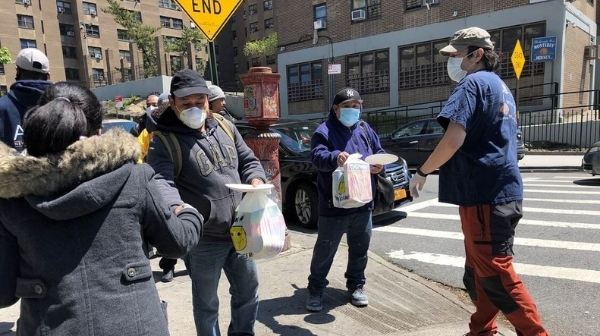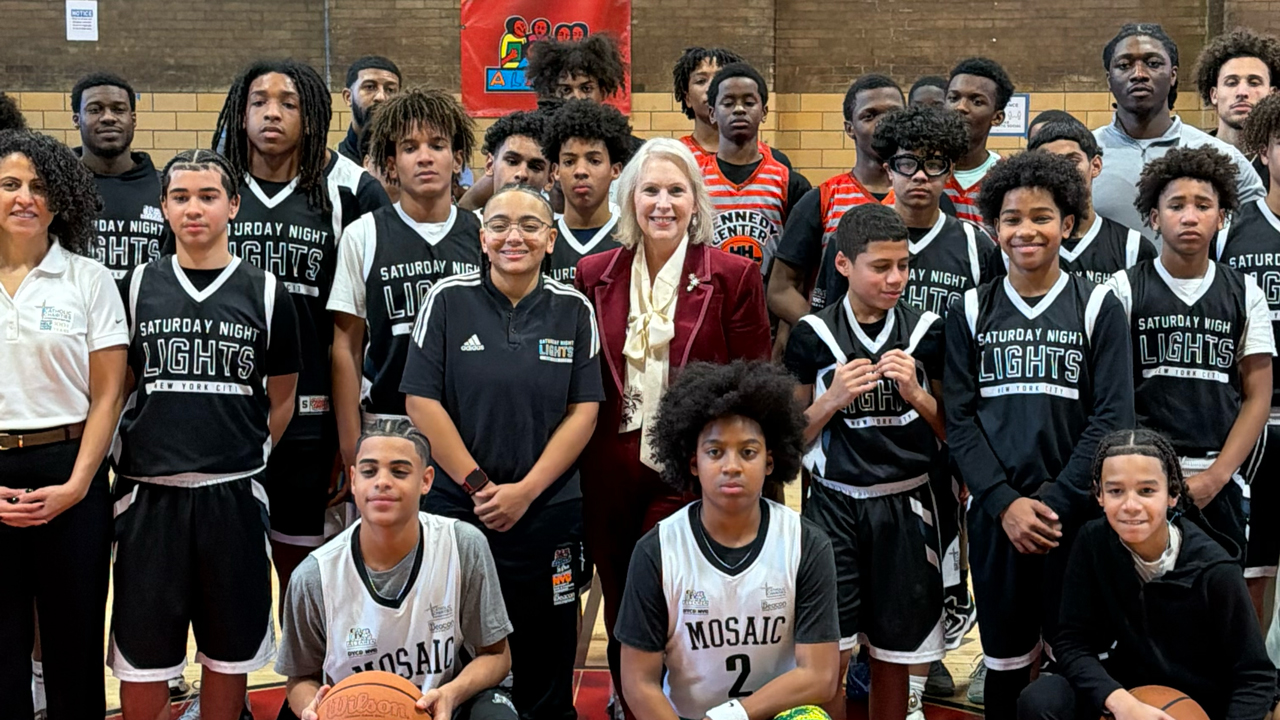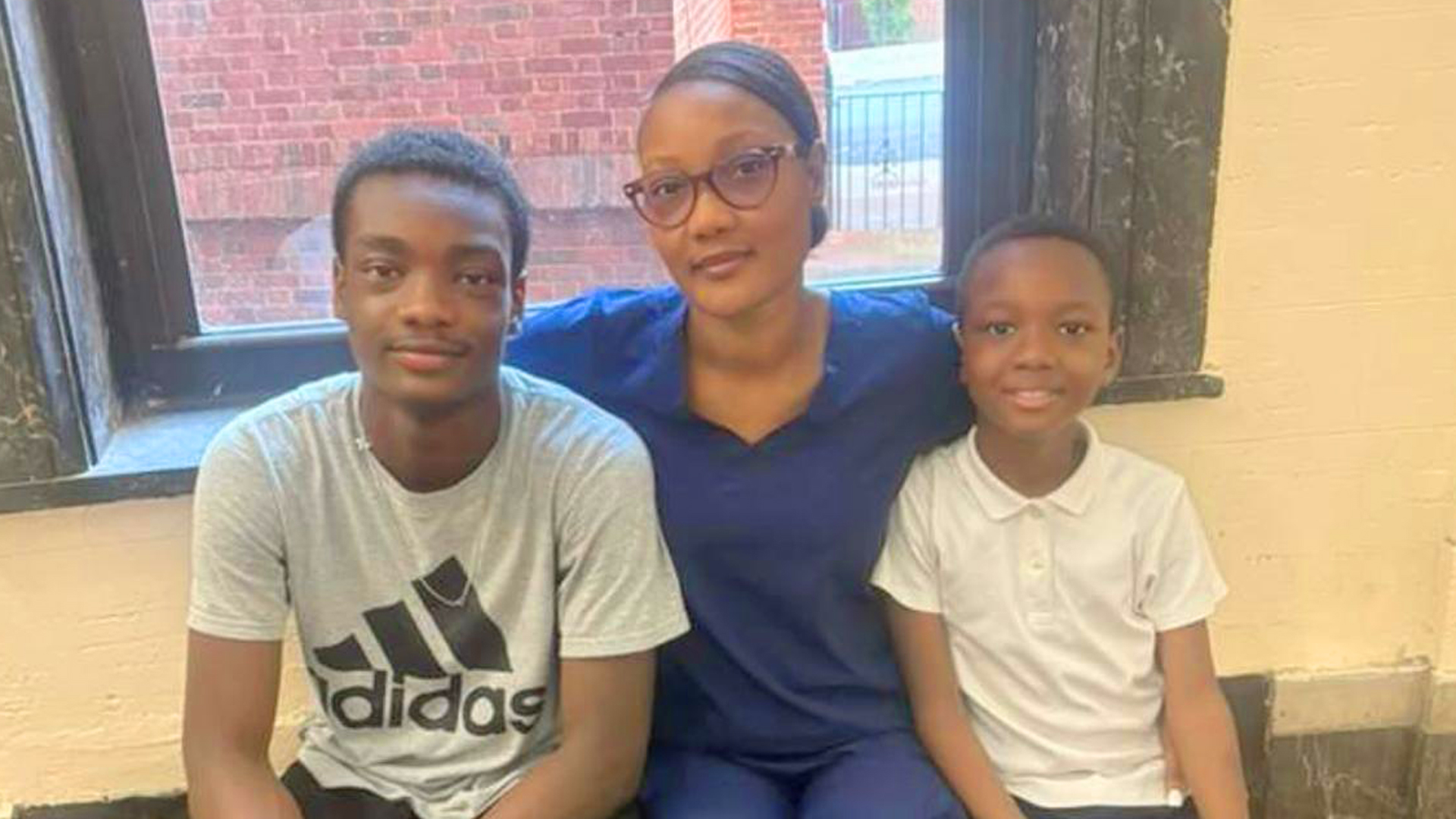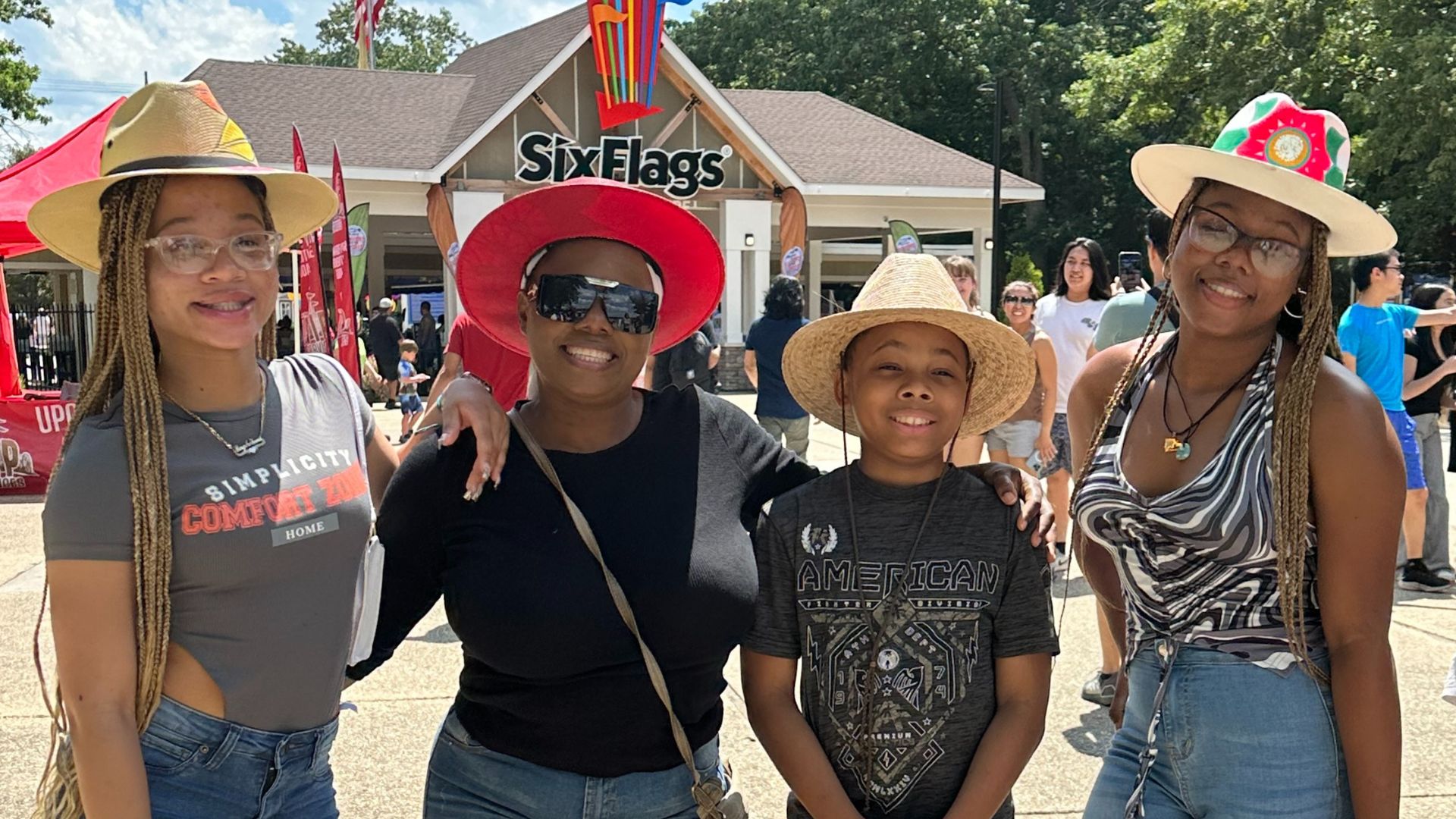It’s another sign of post-pandemic recovery. The day laborers in Yonkers and the Bronx are back, hundreds of them, mostly men of immigrant backgrounds, lining up outside large box stores or on street corners, arriving by 7 a.m. each day. They wait in the hope of finding construction, landscaping or home remodeling work.
They were, noted Esmeralda Hoscoy, Regional Director of County Catholic Charities Community Services Westchester, much fewer in number during the height of Covid-19, as pandemic fears cut construction projects and New York City placed a hold on non-essential construction.
Meanwhile, through boom and bust, Catholic Charities Community Services (CCSS) is there, watching that the hard work of day laborers is justly compensated and safe.
“People see them as an easy target,” said Hoscoy, noting that day laborers are often victimized by wage theft from unscrupulous building contractors – and sometimes suburban homeowners seeking a bargain on home repair. Catholic Charities New York acts as an advocate on behalf of day laborers, sometimes going to court and, more often, simply placing a phone call to a wayward contractor. Shame works, at least some of the time.
Meanwhile, CCCS tries to dispel myths about the day laborers, who frequently come from Latin America, including Mexico, Guatemala, El Salvador, Ecuador, and the Caribbean, including Haiti and Jamaica. Sometimes their wait for work is perceived as lethargy. As single men, they are sometimes seen as threats, unconnected to the wider community. Their immigrant status is often questioned.
By contrast, Hoscoy knows that they are often a vital part of area churches, including Catholic parishes, and are often fathers and husbands, dedicated to supporting their families. Often the single men are a vital link to their families at home, sending them money. A new Catholic Charities project is gathering input from the women connected to day laborers, seeking out what the needs are of wives and mothers.
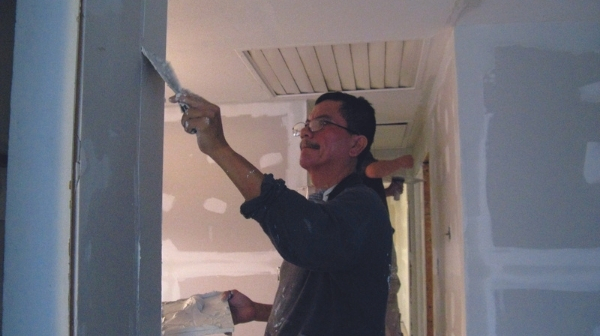
The day laborers are also likely to pay taxes on the money they make, even though they often remain, because of their undocumented status, unable to benefit from Social Security and other programs.
In Yonkers, CCCS has been involved with the day laborer community for more than a dozen years. In the Bronx, the effort to establish links, provide education in English and worker rights, and offer needed charity when work is scarce, has been going on for the past five years. Catholic Charities Community Services is now expanding its footprint, creating two new centers to assist the day laborers, including with basic needs such as a bathroom and space to escape the cold of winter and the heat of summer while waiting for work.
During Covid-19 restrictions, CCCS served as a supplier of necessities such as food and diapers, as the day laborers struggled to find work.
Lucia Goyen, Community Engagement Manager for Catholic Charities Immigrant & Refugee Services, works with day laborers in the Bronx, adjacent to a Home Depot store, where contractors and homeowners shop for building materials as well as workers. Much of the work with day laborers, she said, is “to make sure that they (contractors) are complying with local law.”
While providing for basic needs, much of the service provided is in education, offering a portal to American life. Workers learn about federal OSHA regulations, the rights of workers to a minimum wage, English skills and immigration information. During the pandemic, the agency also served as a provider of information about protective work equipment and, later on, vaccinations. Most classes were held via Zoom and there was an effort to acquaint the day laborers with the required computer technology.
Desperation can feed vulnerability, said Hoscoy. Lawyers for Catholic Charities have filed suits, earning back hundreds of thousands of dollars in lost wages, penalizing contractors who skirt overtime and minimum wage laws. Smaller operations are often harder to keep up with, but CCCS educates day laborers to keep track of their hours and to document the names and addresses of their employers to assure they are not exploited.
Much of the outreach involves building trust among the workers. Many come from Latin America, so the Catholic Charities connection is well understood and appreciated.
Education is needed because many day laborers find themselves unable to bargain effectively over their work conditions.
“They don’t have a choice. They take the job or they don’t have a job at all,” said Hoscoy, noting that it is an ongoing issue, transcending wider economic ups and downs.


